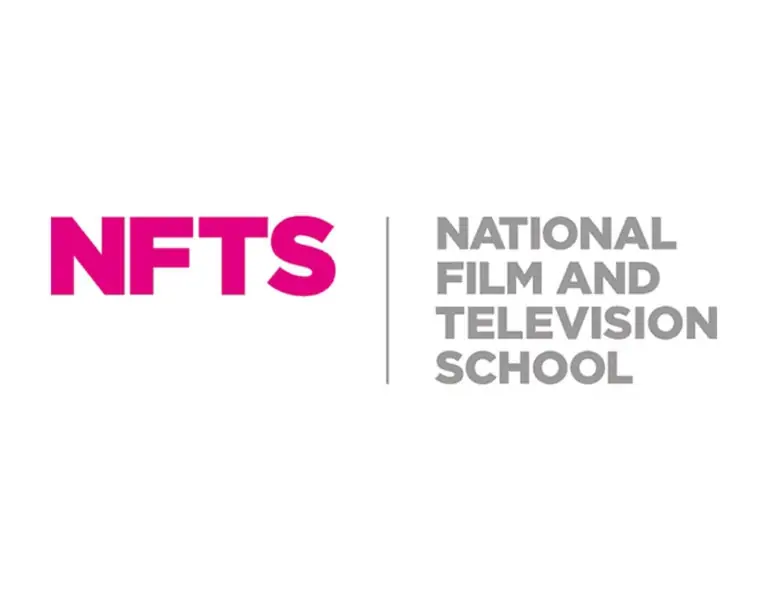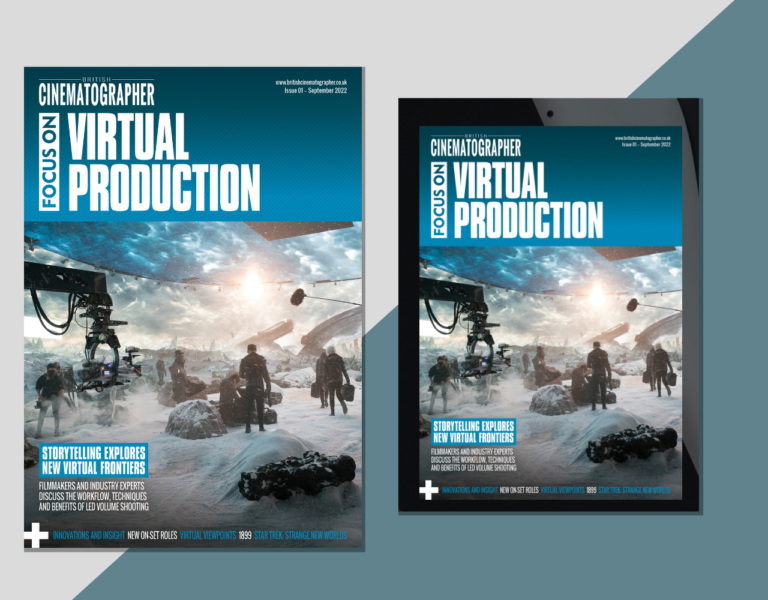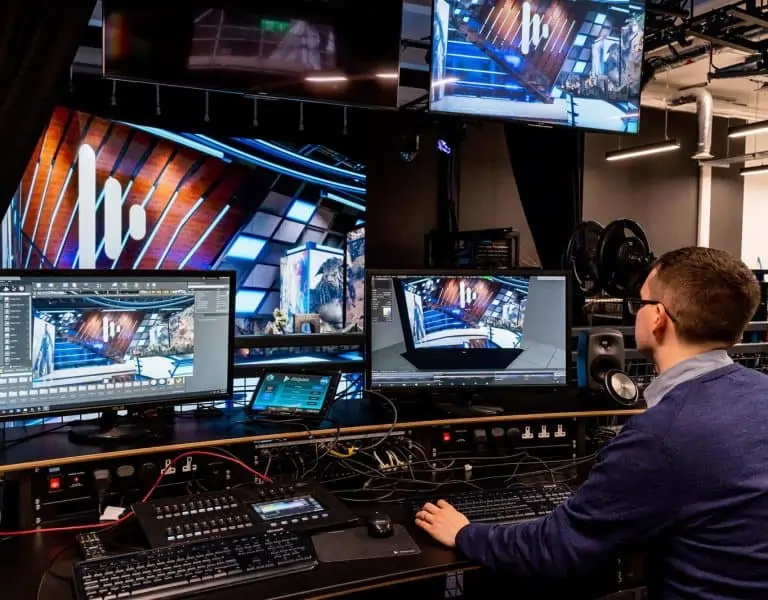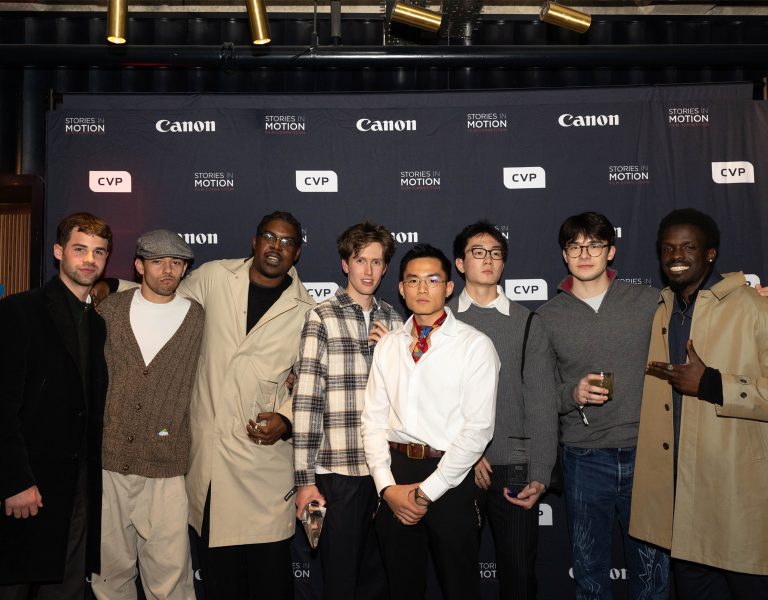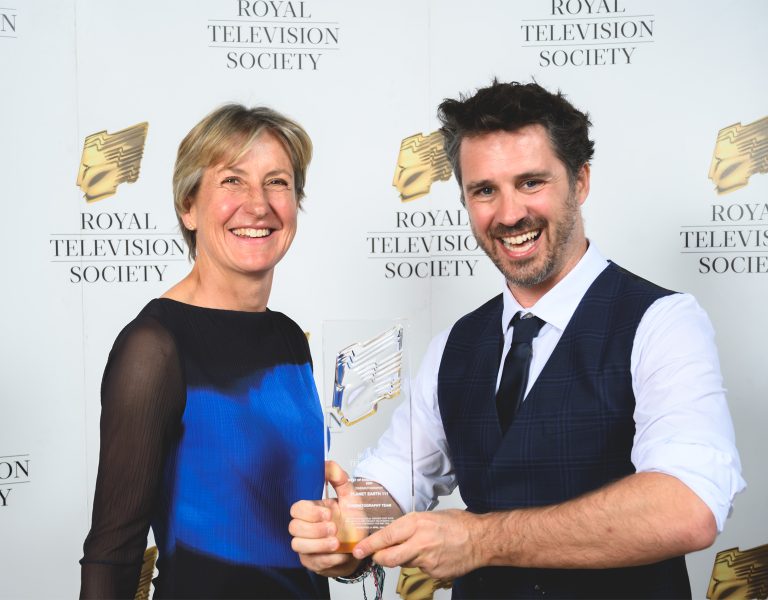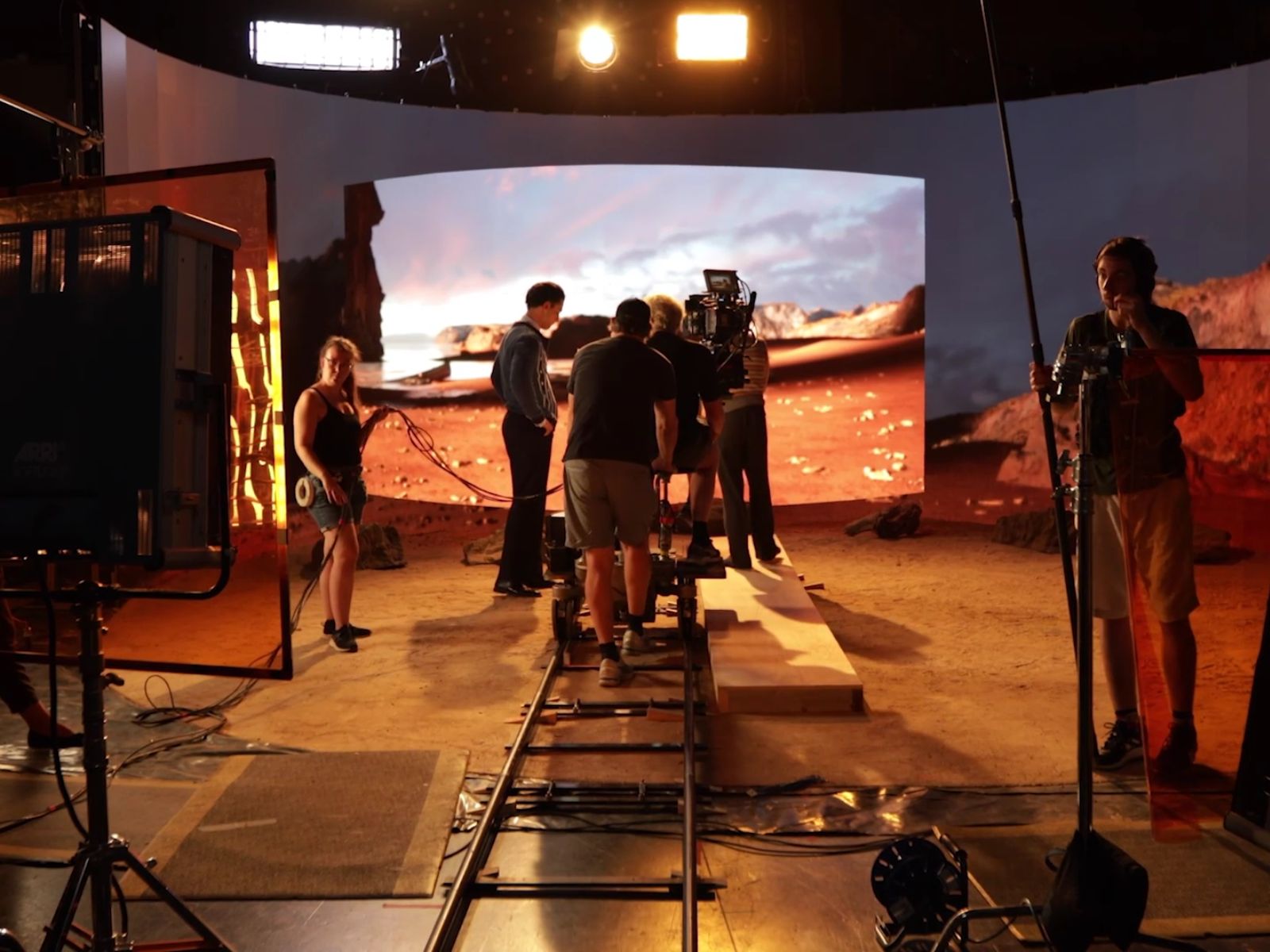
The latest StoryFutures report highlights the urgent need to address UK’s virtual production (VP) skills gap across the creative industries.
New research says the UK will lose out on virtual production opportunities unless it gets significant investment in training and R&D. Building on their 2021 report, StoryFutures, the UK’s National Centre for Immersive Storytelling, has now released its in-depth VP skills report with detailed analysis of the results from their quantitative skills and R&D survey which was designed to gain an
understanding of the fast-changing developments in virtual production in the UK. The resulting data provides insight into how UK companies can take steps to take advantage of the global opportunity that VP presents.
The report contains ‘The Skills Mandala’ – a map which details the VP skills gaps and needs across the film and TV and games industry that directly involve virtual production technologies and techniques. Some of the key report findings include:
● Despite the availability of new training initiatives during 2023, the demand for training continues to outstrip supply. There is an urgent need to upskill, as illustrated by the fact that over one third of organisations surveyed reported that staff have less than six months’ experience of VP. Even for VP-productive organisations who are beginning to establish a presence in the sector, two-thirds of these reported that VP skills in the employment market are in weak or very weak supply.
● There is an urgent need to rapidly develop new skills, and grow new talent and capacity in organisations that show potential and appetite to use VP, in order to meet rising demand. Training gained in isolation is not as valuable as training gained while working within a VP ecosystem. Access to infrastructure for applied learning will drive innovation through R&D and increase growth in the sector.
● Communication skills are key, which can only be honed by time working on set, gaining valuable experience in the practice of VP. Applied learning opportunities on set are critical, providing access to role-based learnings that are extremely hard to find in the sector.
● Most organisations involved in VP are R&D intensive. They are actively carrying out research and development on live VP projects (79%). At the same time, the vast majority of organisations received funding below £10k making it difficult to sustain intensive R&D cultures in these organisations – 67% of which are micro-businesses or SMEs. This is underlined by the fact that less than half of these organisations have ‘in-house’ VP-dedicated teams (42%), who can devote time to vital R&D.
● Micro-businesses and SMEs are in particular need of increased R&D funding from the public sector, to help them become VP-ready businesses and sustain growth in this sector. 37% of VP-productive organisations have accessed public grant funding, and 26% have secured public match funding.
“With so many companies in the UK poised to add virtual production to their already world-leading production expertise, the potential for the UK creative workforce is enormous,” said Prof. Peter Richardson, head of virtual production at StoryFutures. “However, our research tells us that our UK creative industries risk losing their R&D advantage if we fail to train the creative teams and companies who will innovate, disrupt and advance virtual production techniques and technologies. It is our hope that this research will inform and energise the next phase of training and R&D in this hugely exciting area. ”
A number of programmes in the UK, including StoryFutures, are currently offering training pathways to those already working in the industry who wish to upskill and pursue work in VP.
For example, StoryFutures’ & Future Screens NI VP Futures accelerator programme for SMEs specialised in Virtual Production. A combination of workshops, masterclasses and mentorship from Industry Light & Magic (ILM) and Epic Games and other VP and motion capture experts were on offer to the 8 SMEs who were part of the programme and are included as case studies within the report.
“VP Futures was the most responsively bespoke, meaningfully in-depth, and intensely stimulating training programme we’ve ever encountered,” noted Robyn Winfield-Smith, artistic director of Liminal Stage Productions (one of 8 VP Futures accelerator programme SMEs). “The quality and enthusiasm of trainers and mentors were second to none, and we have learned an extraordinary amount on the programme, across all areas of VP. We now feel so much better equipped to step confidently into the VP space to blaze a trail in the application of this technology to the live performance and cultural sectors.”

